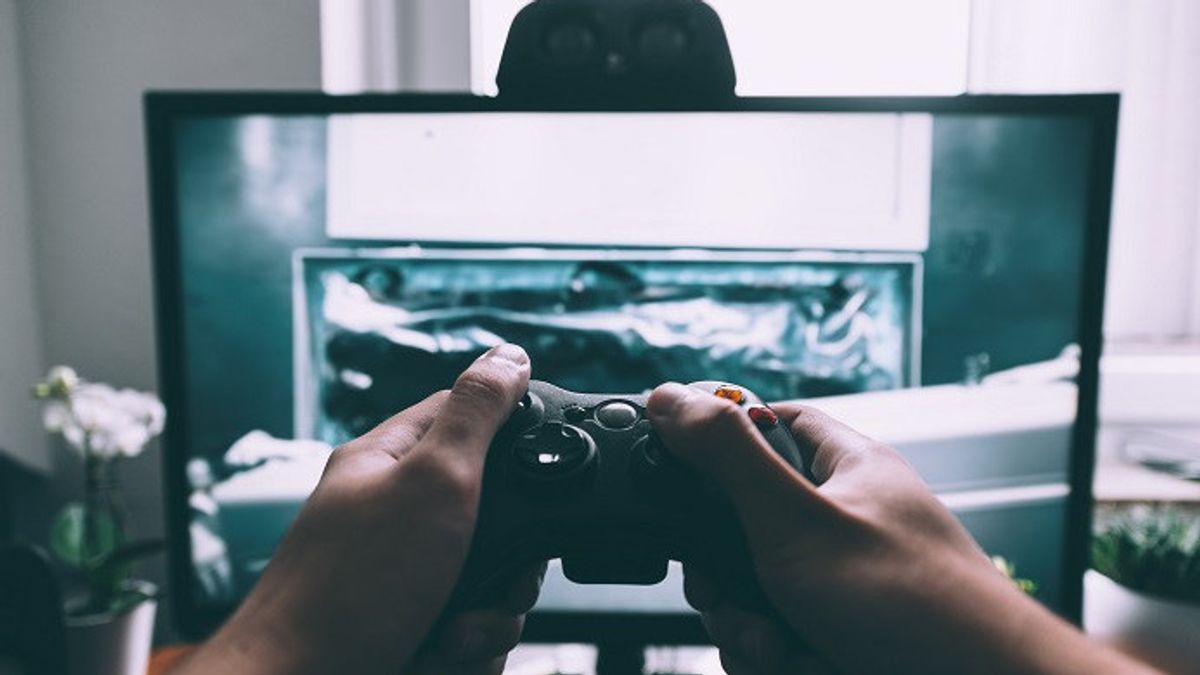JAKARTA - Many parents are worried about the dangerous effects of video games on their children, ranging from mental health and social problems to lazy learning.
However, a large new study in the United States (US) published on the JAMA Network Open shows that the cognitive benefits associated with popular entertainment can be obtained through games.
The study involved data on nearly 2.000 children aged 9 and 10 years from Adolescent Brain Cognitive Development (ABCD), the country's largest long-term study of brain development and child health.
The lead author of the study and assistant professor at the Department of Psychiatry at the University of Vermont, Bader Chaarani and his research colleagues in this new study divided children into two groups, where there are those who play games more than three hours a day and those who never play games at all.
Each group takes two tests that measure short-term impulse and memory controls while undergoing brain imaging. In addition, the researchers also control factors such as gender, age, and socio-economic status.
Launching USA Today, Monday, October 31, as a result, they found that children playing games showed more brain activity in frontal areas related to cognitively demanding tasks and less activity in areas related to vision.
"It's really nice to see, because this is a way to explain why they are doing better," said Chaarani.
The study did not differentiate between the types of video games being played, but Chaarani said the majority of children tend to play shooters more quickly and action adventure games than slower logic games like puzzles.
"Parents should consider choosing video games over television. Maybe video games are no worse than watching TV," explained Chaarani.
However, researchers also emphasize that these findings do not mean children have to spend unlimited screen time. The American Academy of Pediatrics recommends a limit of one to two hours of video games per day.
"We plan to continue tracking these video game players their neural development, their behavior, their mental health," said Chaarani.
The English, Chinese, Japanese, Arabic, and French versions are automatically generated by the AI. So there may still be inaccuracies in translating, please always see Indonesian as our main language. (system supported by DigitalSiber.id)













